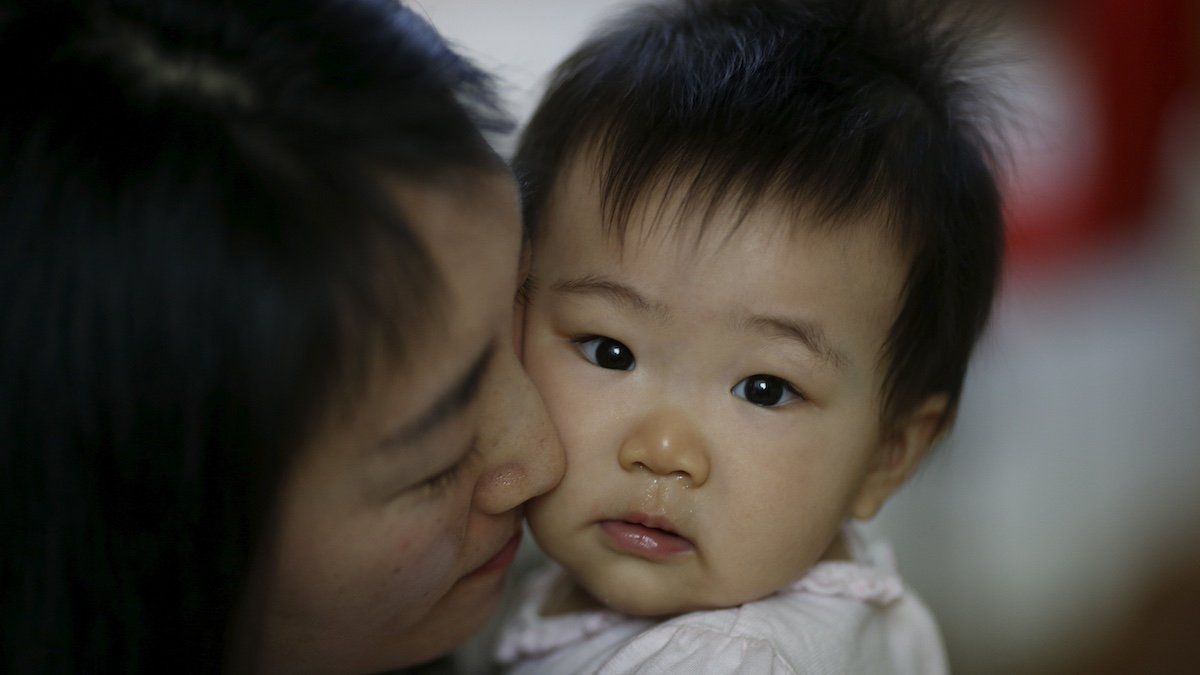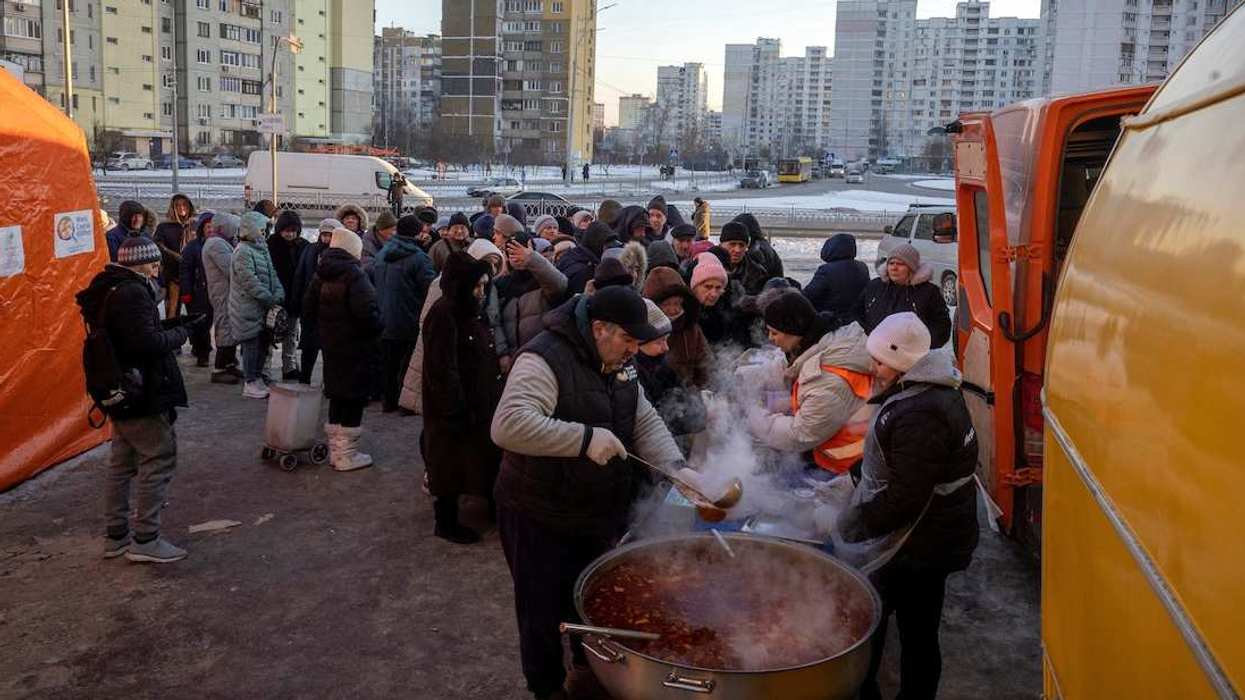75,000: In South Korea, where the overall fertility rate is expected to plummet to 0.68 this year, significantly lower than the 2.1 deemed essential by the OECD for maintaining a relatively steady population, a construction firm is providing employees with a $75,000 reward for every child they have. This initiative is just one of numerous attention-grabbing incentives being introduced as policymakers and businesses contend with the nation's demographic challenges.
56: A study from NGO’s Rights & Accountability in Development and Afrewatch found 56% of respondents in 25 villages near five major cobalt mines reported serious concerns over related health issues, including miscarriages and birth defects. Cobalt production is critical for electric vehicles and batteries and has ramped up over the past decade fueled by the green energy transition.
8 billion: The International Monetary Fund confirmed Saturday it will more than double the bailout loan it is issuing to Egypt to $8 billion, as Cairo’s economy nears collapse with dwindling foreign reserves and soaring inflation. Egypt secured a similarly sized aid package from the EU as well, which will be disbursed over three years.20 million: Some 20 million West Coasters were facing flood watches thanks to a big storm that slammed the Golden State over the weekend. While much of the state faced up to three inches of rain, the foothills of Southern California were expecting up to six. The havoc came just a week after Gov. Gavin Newsom expanded a state of emergency to 11 counties that struggled with powerful storms in early February.
23: The Oxford English Dictionary added 23 Japanese words in its latest update. More than half of the borrowed words relate to cooking, while a number also relate to art like Kintsugi, an increasingly popular way of repairing broken pottery with gold lacquer.


















